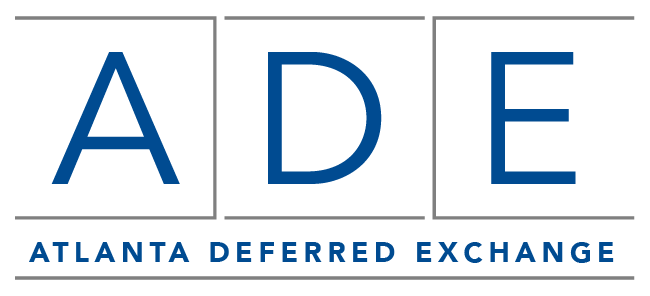Sometimes, the best intentions don’t quite get us to the finish line, but can leave us in a very painful spot. It’s best to steer clear of the pitfalls that can derail an exchange or limit the tax that can be deferred. With this goal in mind, we introduce our Top Ten 1031 Exchange Misconceptions:

#1- If you close on your sale without first involving a 1031 service provider, you no longer qualify for a 1031. The IRS Regulations require you to complete several action steps at or before your closing. There must be a signed exchange agreement, assignment of the contract and a notice of that assignment given to the buyer. Additionally, you will have violated specific rules regarding your receipt or potential control of 1031 funds. If you contact a QI/Accommodator prior to— or even simultaneous with— the closing, they can provide what is necessary to keep you on the right track. If you leave the closing, even with an uncashed check in hand, it’s too late.
#2- After I sell a property that is solely in my name, I can buy a replacement property with my spouse using both our names. Though this may be a great strategy in your personal investment planning, it can torpedo your 1031. Whoever is the seller of the relinquished property must also be the buyer of the replacement property. Going from single to joint ownership would violate the same taxpayer rule unless you are buying a more expensive property.
#3- 1031 exchanges are only for big companies and the 1%. In reality, studies done by Deloitte reveal that the average exchange proceeds are less than $300,000. So, the 99% do the vast majority of exchanges executed each year.

#4- I plan on buying my replacement property from my dad to keep all the benefits of a 1031 “in the family”. Though this is a great sentiment, it probably won’t work. The 1031 rules stipulate that you can’t buy replacement property from a related party unless they are also doing an exchange or if they will be paying more tax than you are deferring. Usually, that’s not the case. Also, the definition of who is a related party includes more than blood relatives. See Related Party Rules.
#5- If I am selling my own property, I can’t hold the earnest money without damaging my exchange. Actually, you can. You are allowed to accept and deposit it–as long as you are not in possession of it after the sale closes. If you are, whatever you still have becomes taxable to you. Most exchangers refund remaining earnest money to the closing where it is combined with the main proceeds that are ultimately sent to the QI.
#6- Luckily, my vacation home has really appreciated. I am going to do a 1031 exchange when I sell it. Great idea, but there may be a large problem. “Personal use” vacation homes that are rarely– if ever—rented, do not qualify for 1031 treatment. These rules were clarified in 2008.
#7- I can’t do an exchange because I have only owned the property for 10 months. Potential good news: the exchange rules do not include a required minimum holding period. However, they do state that the properties you are exchanging must be either “held for investment or used in a trade or business”. The key is what your intention was when you bought the property. Did you plan on flipping it for a quick profit and immediately erect a for sale sign or did you receive an unexpected offer that you could not refuse? Intent matters- read more about Holding Period.

#8- I can’t write a contract on a potential replacement property because I haven’t closed my relinquished sale yet. Not a problem. You can always enter into a purchase agreement on the replacement property you want to buy before the relinquished closing, as long as you don’t close on the replacement property first. (Note: If you must close on the replacement property first, then you can consider a reverse exchange strategy- see Reverse Exchanges.)
#9- Since I reinvested all the proceeds/cash from my relinquished sale into my replacement property, I have deferred all tax. Not so fast. If there was a loan on the property that you sold which was repaid at closing, then you must replace the same amount of debt on the new property or put in additional cash to replace it. There are cash and debt requirements that must be met to maximize a 1031. You must buy property for the same price or greater (than what you sold) and use all of the cash to qualify for total gain deferral.
#10- If I sell land, then I can only buy land to meet the “like-kind” requirement. Thankfully, not true. All investment real estate is considered “like-kind” with all other investment real estate. So, you can sell land and buy a rental property or sell an apartment building and buy a retail outparcel.
As always, we welcome any questions you may have regarding 1031 exchanges or the information contained in this article.
